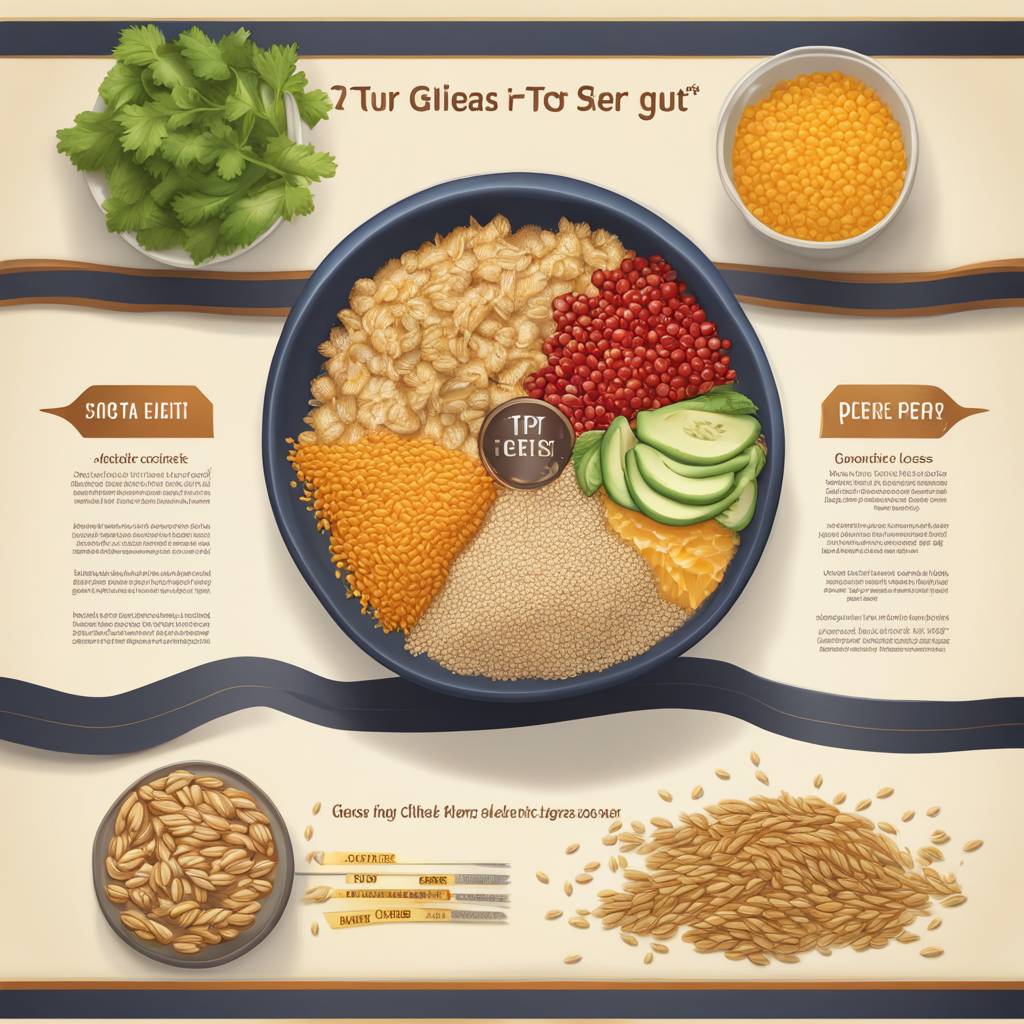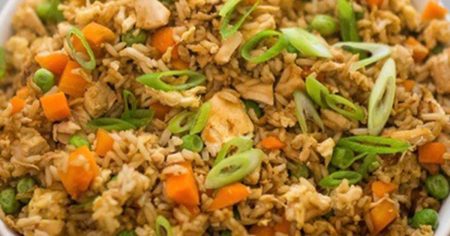Whole grains are an essential part of a healthy diet, providing fiber, protein, antioxidants, and B vitamins. Unlike refined grains like white rice and white bread, whole grains contain all three parts of the grain – the bran, germ, and endosperm. This means that they are packed with important nutrients that are stripped away during the refining process. The USDA recommends that at least half of your daily grain intake comes from whole grains. With a wide variety of options to choose from, including amaranth, barley, quinoa, and oats, there are plenty of ways to incorporate whole grains into your meals.
Oats are often considered one of the healthiest whole grains due to their affordability, versatility, and nutritional value. They are rich in fiber and protein and contain a special type of fiber called beta-glucan, which has been shown to lower LDL cholesterol levels. In addition to oats, other whole grains like amaranth, sorghum, and teff have unique properties that make them beneficial for health. For example, amaranth is high in protein, sorghum is rich in antioxidants, and teff is packed with nutrients like calcium, B vitamins, and iron. These whole grains can be used in a variety of dishes and provide a range of health benefits.
Whole grains can also aid in weight loss and weight maintenance due to their high protein and fiber content. Protein helps build lean muscle mass and regulate appetite, while fiber helps keep you feeling full between meals. Research has shown that replacing refined grains with whole grains can lead to less weight gain over time. This is because the type of carbohydrate consumed, rather than the amount, is what matters most for weight management. By incorporating whole grains into your diet, you can enjoy delicious and satisfying meals while supporting your weight loss goals.
There are plenty of delicious ways to incorporate whole grains into your meals, from breakfast to dessert. Whole grains can be used in a variety of recipes, including oatmeal, salads, soups, and even baked goods. Whether you prefer the nutty flavor of amaranth, the versatility of sorghum, or the nutritional benefits of teff, there are endless possibilities for incorporating whole grains into your diet. With so many options to choose from, you can enjoy healthy and flavorful meals while reaping the benefits of whole grains for your overall health and well-being.















